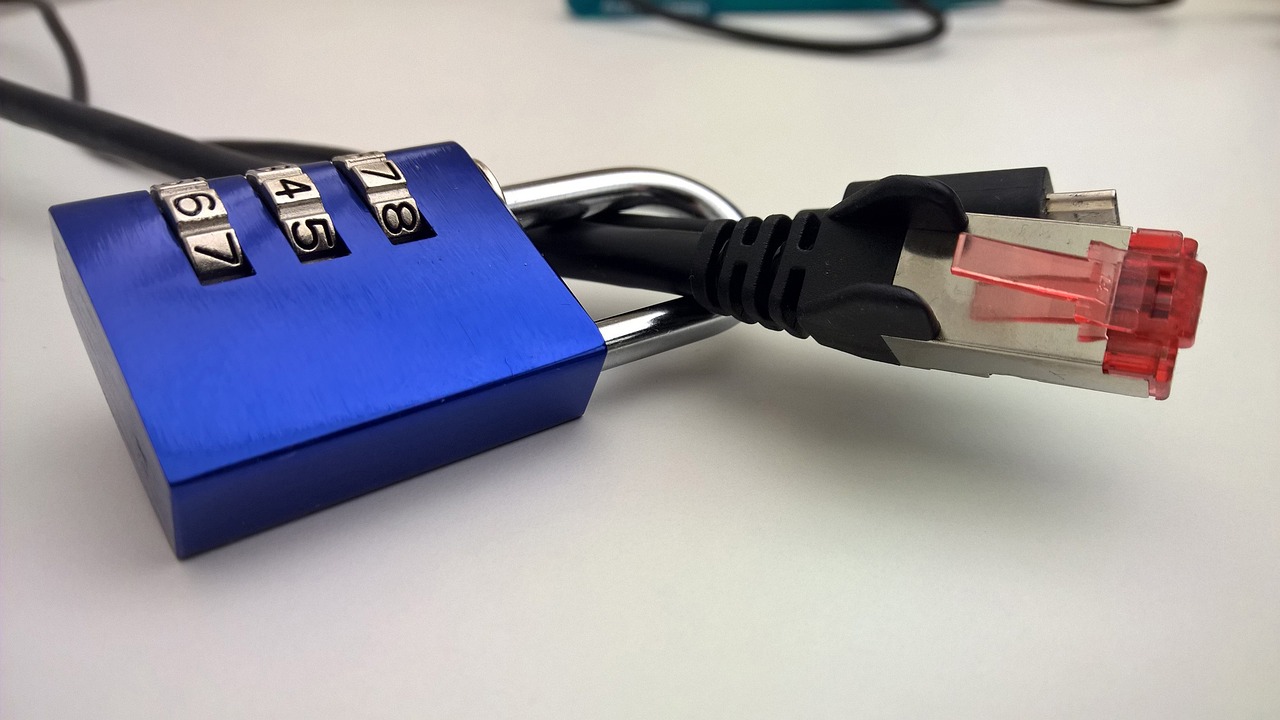Three years ago, 23andMe, a prominent DNA-testing company, was experiencing remarkable success, with its stock price even surpassing that of Apple. However, the landscape has drastically changed as the company now struggles to stay afloat. Once flooded with saliva samples from eager customers seeking insights into their ancestry and genetic information, 23andMe’s share price has sharply declined, nearly leading to its delisting from the stock exchange this week.
The firm possesses highly sensitive customer data, raising significant concerns about the safety and future of its extensive database of human DNA. In a statement to the BBC, 23andMe expressed confidence in its future and emphasized its commitment to safeguarding customer data and privacy.
The decline of 23andMe is surprising given its previous popularity. Celebrities like Snoop Dogg, Oprah Winfrey, Eva Longoria, and Warren Buffet were among its notable users, with many customers discovering life-altering information about their heritage or health predispositions. At one point, the company’s stock soared to $321 but has since plummeted to below $5 – a staggering reduction in value.
Experts attribute the company’s downturn to two main factors. Professor Dimitris Andriosopoulos from Strathclyde University points out that 23andMe lacked a sustainable business model; once customers received their DNA reports, there was little incentive for them to return. Additionally, efforts to utilize an anonymized version of their DNA database for drug research have been slow to yield profits due to the lengthy nature of drug development.
Leadership instability has also plagued 23andMe. The board resigned last summer, leaving CEO and co-founder Anne Wojcicki as the sole original member. Speculation about potential sale or closure of the company has emerged, although Wojcicki has indicated her intention to take 23andMe private rather than entertain buyout offers.
While fluctuations in tech companies are not uncommon, 23andMe’s situation is particularly concerning due to the sensitive nature of the data it holds. Carissa Veliz, author of “Privacy is Power,” highlights that sharing personal data extends beyond individual users; it includes genetic information from relatives who did not consent. Professor David Stillwell from Cambridge Judge Business School echoes this sentiment by noting that DNA data poses unique risks compared to other types of personal information.
Despite 23andMe’s assurances regarding data protection laws and privacy statements remaining intact through potential changes in ownership or operations, concerns persist about security vulnerabilities. The company faced a hacking incident last year that exacerbated fears around data safety. Veliz advocates for more robust measures to protect personal information in an increasingly digital world where consent is often inadequately managed in terms and conditions.


